The Catalan Refugee Aid Commission (CCAR from the catalan Comissió Catalana d'Ajuda al Refugiat) is promoting this new meeting point located in the Sants neighborhood of Barcelona, which aims to make life more comfortable for displaced people.
Russia's invasion of Ukraine has already forced the displacement of ten million people, 20,000 of whom have arrived in Catalonia. This is stated by the Catalan Refugee Aid Commission (CCAR from the catalan Comissió Catalana d'Ajuda al Refugiat), an organization that works in Catalonia in the defense of the right to asylum and the rights of refugees and migrants, and which has already served more than half a thousand displaced from Ukraine. To respond to this and other exoduses, and to attend to people displaced by conflict in their countries of origin, the CCAR has created the Espai Refugi.
Located at Carrer Béjar 36-38, in the Sants district of Barcelona, the Espai Refugi is a meeting point for displaced people living in Catalonia, which aims to make their lives more comfortable thanks to the professional services of psychosocial, employment and legal support provided by the CCAR for refugees and migrants. The center has a space of 650 m2, leased by the company Nexus Energia, and will be launched in mid-May 2022.
Jorge Jarillo, acting director of the CCAR, shows the satisfaction of being able to promote a center of this nature. "Spaces like this allow us to have a foothold in the street as a thermometer of what is happening, as well as ensuring universal and free care for all people who want to come to this space", says Jarillo. "Apart from psychosocial, work and legal support, we will also offer training courses, language teaching and leisure activities, for example", says Jarillo.
The Espai Refugi will therefore be a meeting place between the specialized services provided by the CCAR and all volunteers. "It is also a space that will energize the organization's volunteers, who have wanted to help and have understood that Catalonia is a host country", says the acting director of the CCAR. The center will also host the Ukrainian association Djerelo, an organization that has been in Barcelona for more than fifteen years and which until now had never had its own space.
It should be noted that the center is very close to two spaces in Barcelona that work in the management of the reception of refugees and migrants such as the Service for Immigrants, Emigrants and Refugees (SAIER) and the Reception Center, Care and Referral (CREADE). "It's strategically well located, so we expect to receive a lot of people in this space", he added.
Reception of people displaced by the war in Ukraine
The services offered by the CCAR at the Espai Refugi are for all people who are in a situation of forced displacement, regardless of where they come from or the reason why they have had to move. But the invasion of Russia puts the focus on people who have been forced to take refuge in Catalonia from Ukraine. "In the reception of refugees from Ukraine, society has been exemplary, and has paved the way for public administrations to strive to develop resources to accommodate", says Jarillo.
"We are pleased that the European Union (EU) has activated Directive 2001/55 / EC on temporary protection, as this has ensured that people fleeing Ukraine could come through legal and safe routes, the EU without risking their lives, and accessing the papers to be full citizens in the country of arrival", says Jarillo. However, he explains that it is also essential to extrapolate these good practices for all people who see the need to leave their home territory, no matter where they come from.
Finally, Jarillo believes that the scenario is perfect for the Generalitat de Catalunya to start deploying a reception system that depends directly on the country. "It is necessary to promote a Catalan-based reception system that can have guidelines and governance from Catalonia", he said.
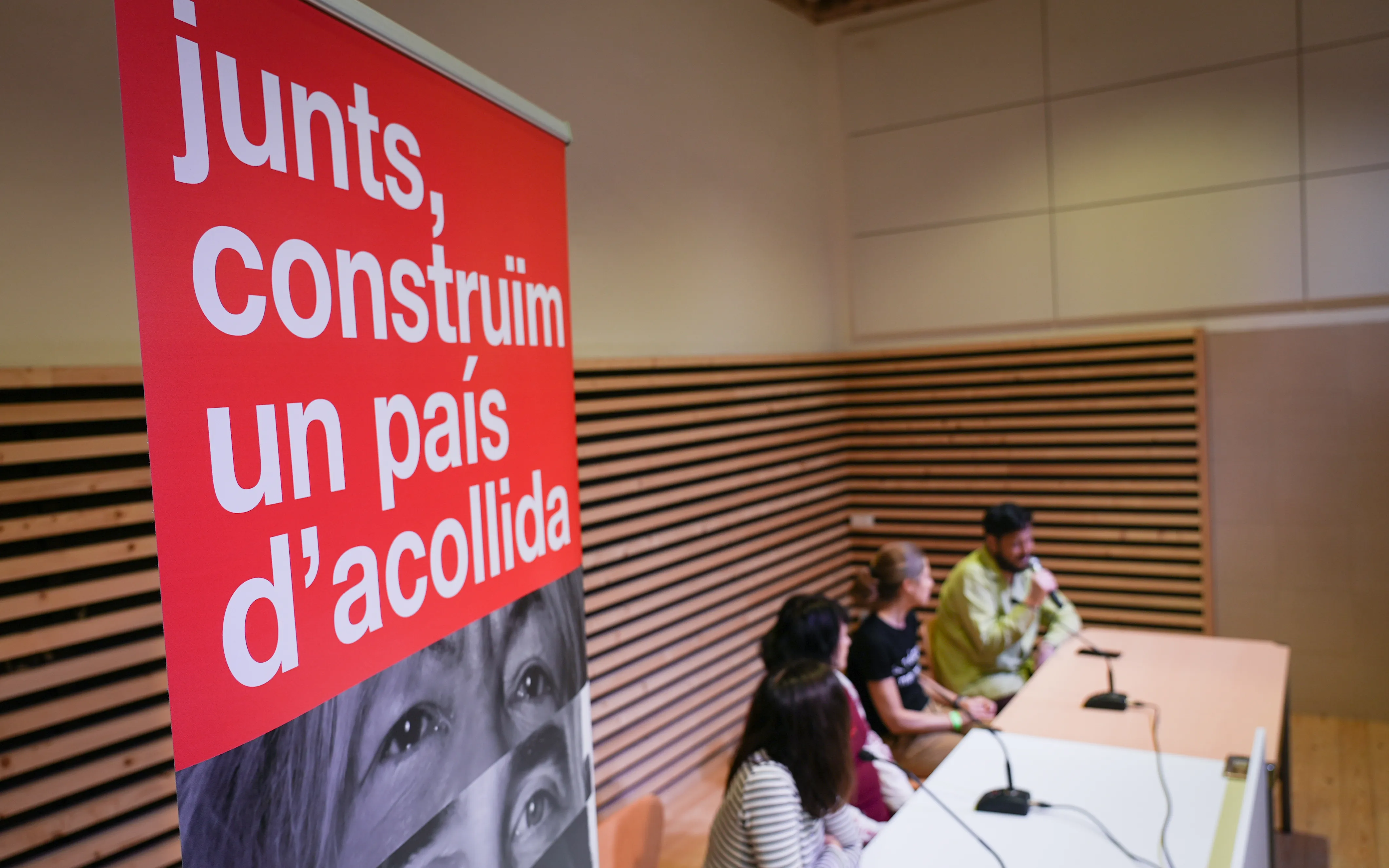
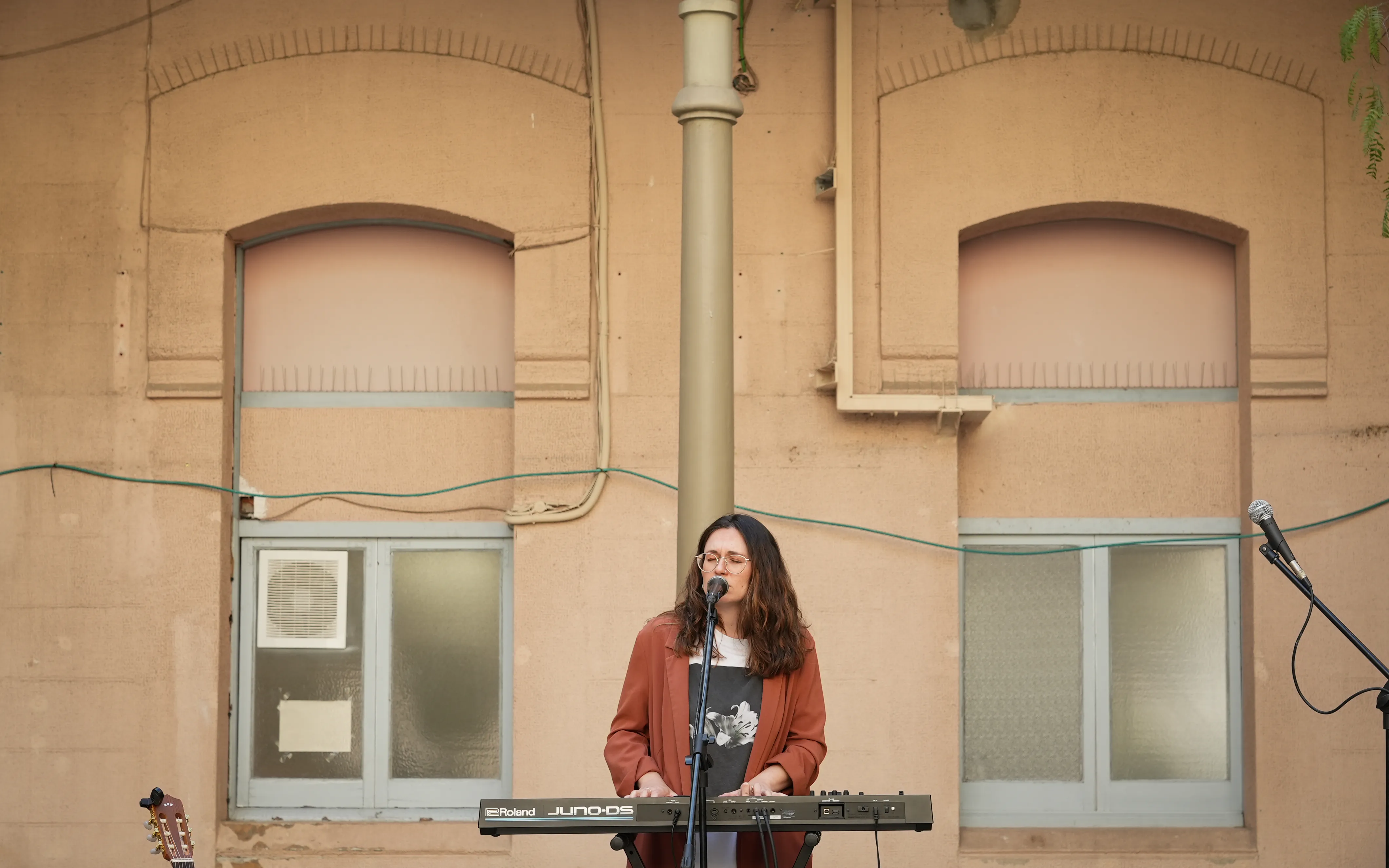
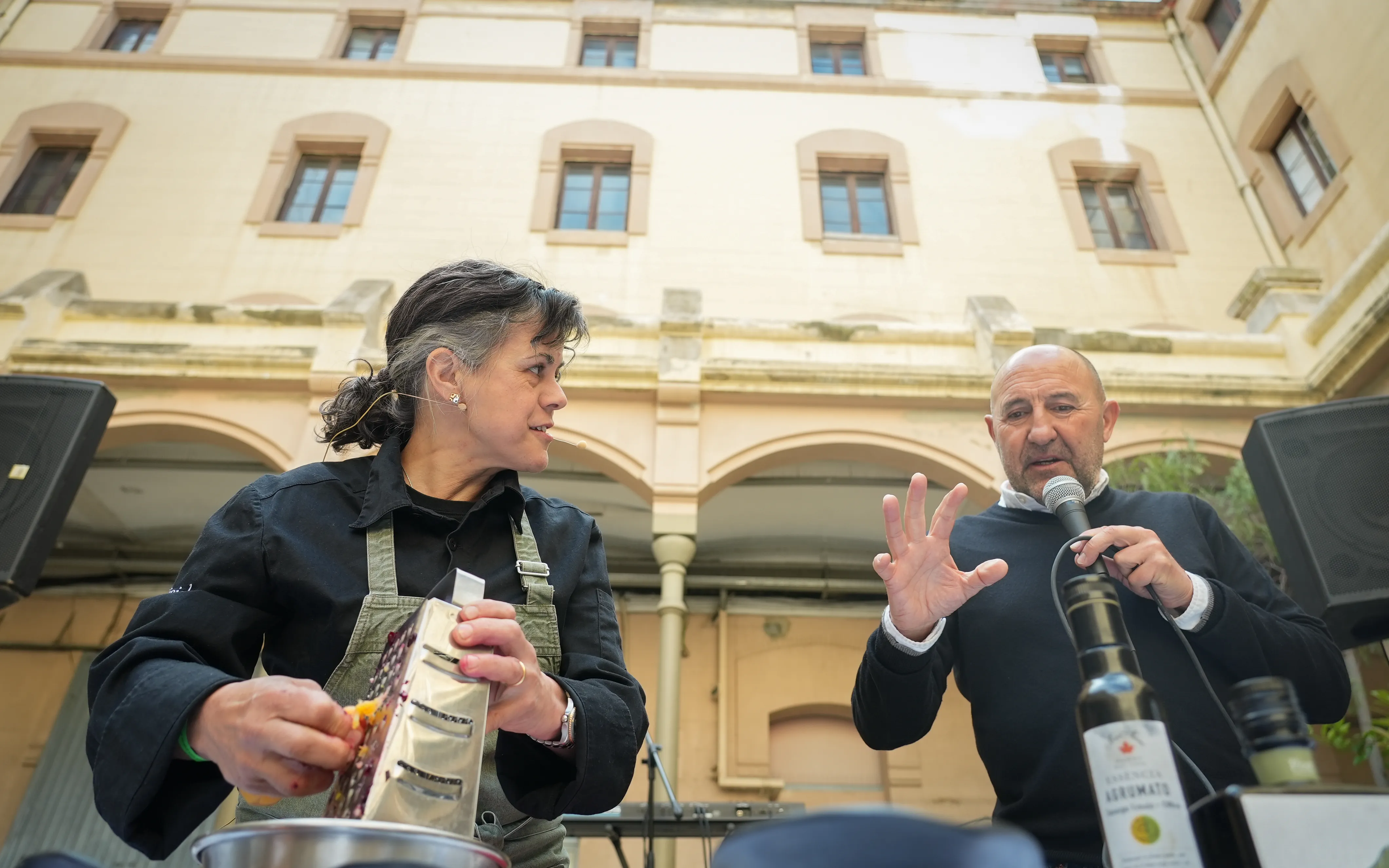



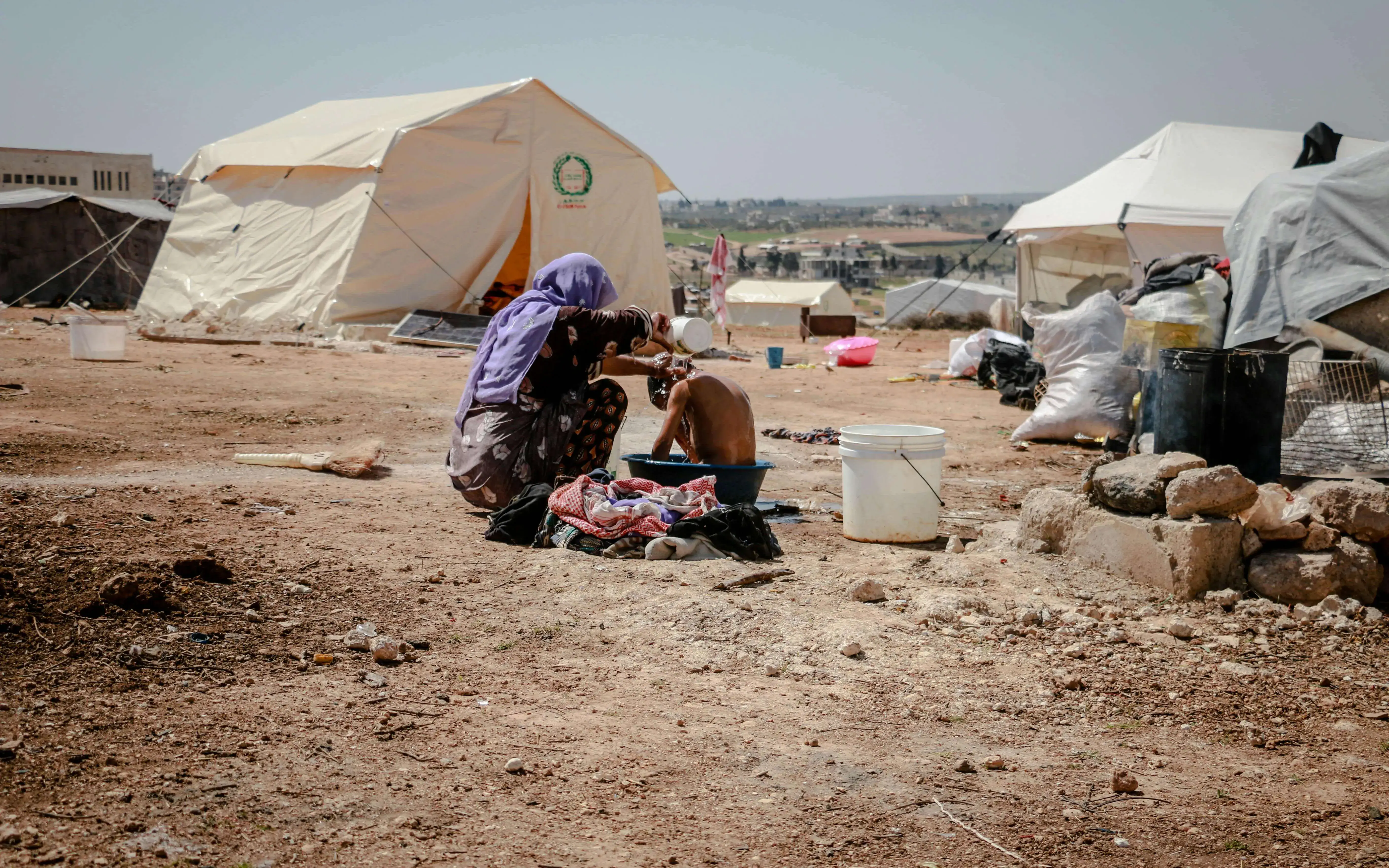

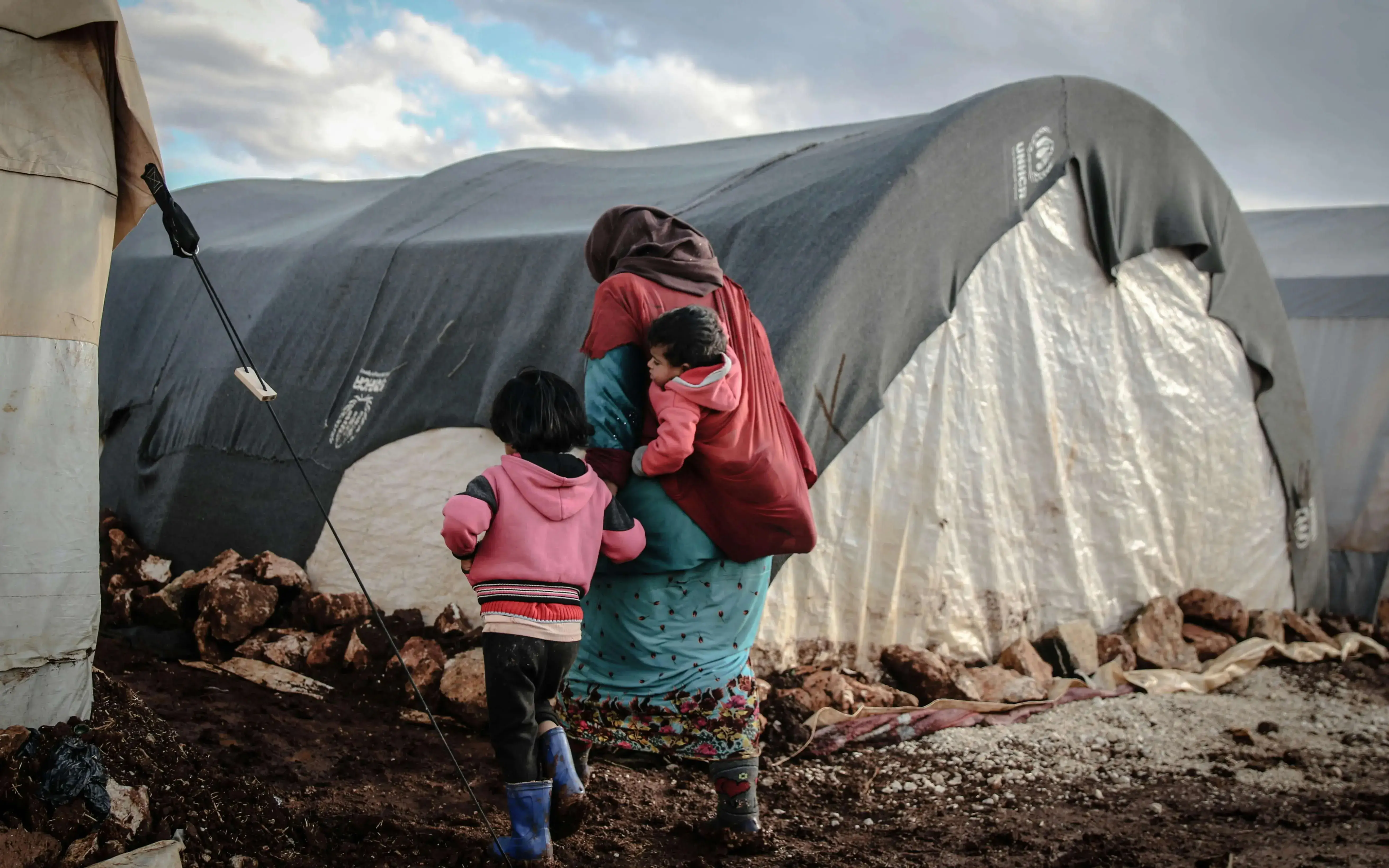
Add new comment